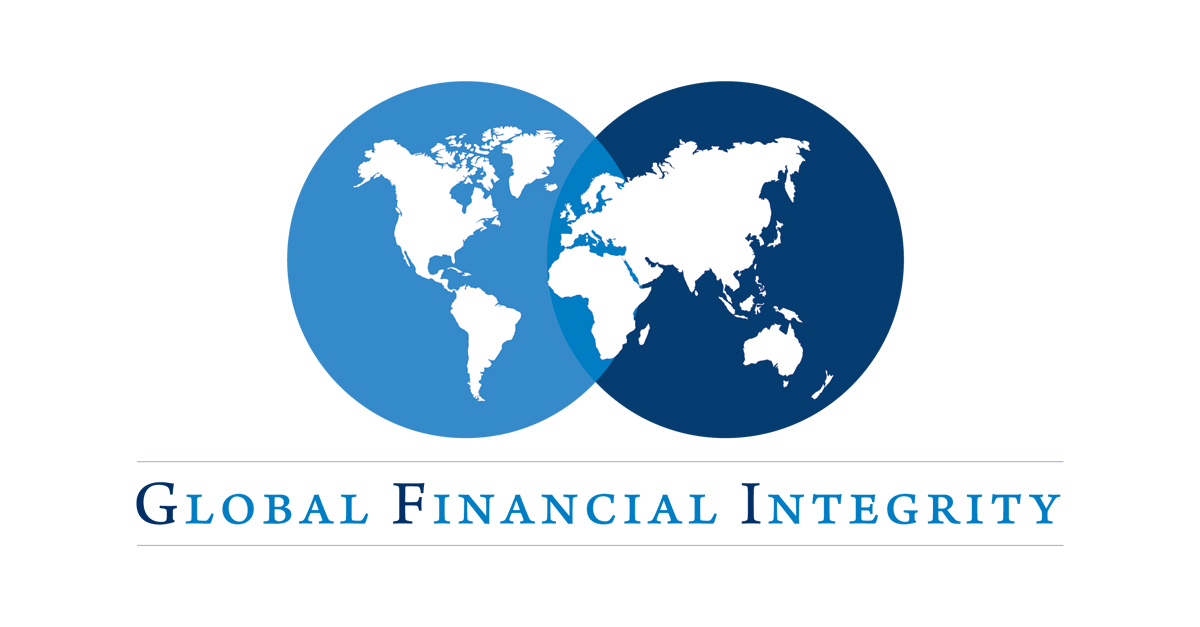Global Financial integrity has presented a comprehensive survey of 250 financial crime experts in Latin America and the Caribbean. The survey shows that the countries in this region need to address significant weaknesses to combat money laundering to curtail corruption.
These findings are contained in a new report from the Global Financial Integrity with the title, Financial Crime in Latin America and the Caribbean: Understanding Country Challenges and Designing Effective Technical Responses. It assesses the vulnerability and brings forth recommendations to strengthen the regional response to financial crime in Western Hemisphere.
The same threats are making this region a much more violent one in the world. It also generated a large number of illicit proceeds. It is causing these countries to face much complex financial crime landscapes. The report finds out that despite the important progress on the regulations and laws, the implementation of AML/CFT remains a challenge for many countries.
“This survey demonstrates that while some governments in the region are on the right track, many more need to step up their efforts to address corruption and money laundering,” according to Tom Cardamone, President & CEO of GFI. “The scores given to each government are from experts within that country. This internal assessment, in many instances, is a stinging rebuke to claims that corruption is under control.”
To fully capture the scope of financial crime in Latin America and the Caribbean, GFI has conducted interviews with experts from government, international and private organizations, and civil society.
The 300-page report offers a country-by-country overview of the scopes of financial crimes and main threats. It also includes regional analysis of illegal activities that generate illicit proceeds, drug trafficking, corruption, mineral trafficking, and smuggling. Also, it assesses the current financial crime threats from money laundering, terrorism financing, and corruption.
It has been found; corruption is the most prevalent financial crime that is affecting the region. It is the largest source of illicit proceeds in this region. Many countries have made improvements to their AML/CFT laws. However, the implementation varies.
However, the key recommendations are to implement a strong and updated transparent beneficial ownership registry to combat financial crimes to address money laundering. Authorities must take steps to strengthen the mutual legal assistance treaty process. To address TBML, countries must strengthen awareness and knowledge of TBML.
To address terrorism financing, it is important to update the information on threads. To address corruption, countries must improve transparency surrounding the hiring of public officials and push for meritocratic selection.

